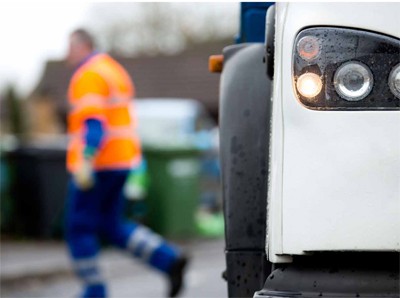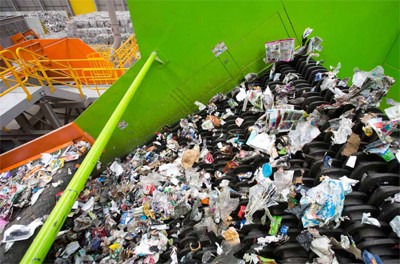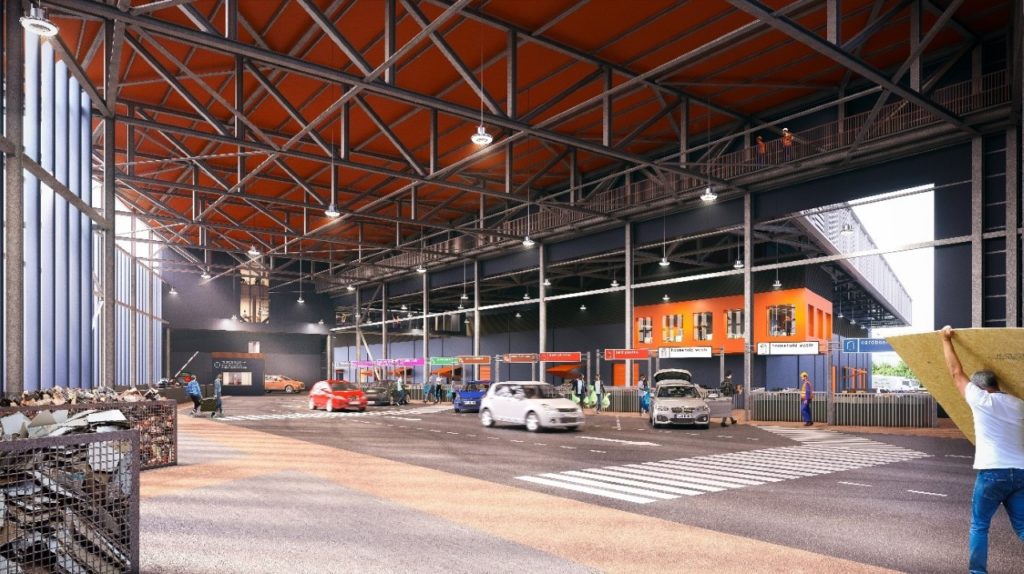The report, entitled ‘at this rate… exploring England’s recycling challenges’ was produced on behalf of Suez by SLR Consulting and looks at ways that local and central government can boost England’s ‘stagnating’ 45% recycling rate.

Among the report’s top five recommendations are the introduction of mandatory weekly food waste collections, the re-introduction of recycling and reuse targets for local government and the introduction of pay-as-you-throw schemes similar to those used by many EU top recycling performers such as Germany and Belgium.
In addition, it calls on local authorities to maintain strong communications programmes and tasks Defra and the Environment Agency with developing a protocol to identify acceptable uses of incinerator bottom ash that can legitimately be counted towards England’s recycling performance. Such material is already counted towards recycling performance in Wales.
Boost
Together, the report claims these five measures could boost England’s household waste recycling performance by 12 percentage points – taking the country ‘well over’ what is needed to meet the 2020 target.
As part of the study, the researchers explored common factors and themes among England’s best performing local authorities and sought to determine the impact on recycling of various societal, geographic or demographic factors.
The study also looked at some of the best performing countries across the wider European Union to see what lessons could be learnt.
The report will be officially unveiled at the RWM exhibition in the Local Authority Theatre at 2pm this afternoon, with presentations by David Palmer-Jones, chief executive of Suez UK, Alban Forster from SLR Consulting, and Lee Marshall, chief executive of the Local Authority Recycling Advisory Committee (LARAC).
‘Next level’
Mr Palmer-Jones said: “We believe that this report provides England’s local authorities and wider policy-makers with a blueprint for raising our household recycling rate to the next level.
“These actions and recommendations place the 50% target within reach, but the big question is whether the country’s policy-makers and waste managers can implement the necessary changes in the short time we have available before the 2020 deadline.”

Mr Forster said: “This report highlights how critically important it is now to identify pragmatic solutions to improving England’s recycling levels to 2020, as well as stimulate a broader debate around what should be next for European Circular Economy policy.”
Outside of its top five recommendations, the report also advises a number of other actions for local authorities and central government to take to boost recycling performance.
Multi-occupancy
These include increasing recycling and recovery rates from flats and multi-occupancy dwellings, offering free collections of garden waste and collecting residual waste on a fortnightly or ‘even monthly’ basis, provided weekly food waste collections are offered. While the report notes that that reducing residual waste collection frequency can often be a ‘controversial’ issue, it claims it is important to increase segregation and capture rates, particularly for food.
The report also suggests that all English local authorities could be encouraged, by legislative or non-legislative means, to extend the recycling collection service from all households to include collection of materials such as mixed plastics, textiles, food waste, aerosol cans, foil, batteries and composites. It notes that at present, collection rates for food, plastics and textiles are particularly low (with just 10%, 15% and 16% recycled respectively).
Beyond 2020, however, the report questions the pursuit of ever-higher tonnage based targets, which it claims could result in authorities chasing heavier materials (like green waste) and not the valuable or more complex ones, like flexible laminated packaging.
The full report will be available on the Suez website after 2pm.









Subscribe for free